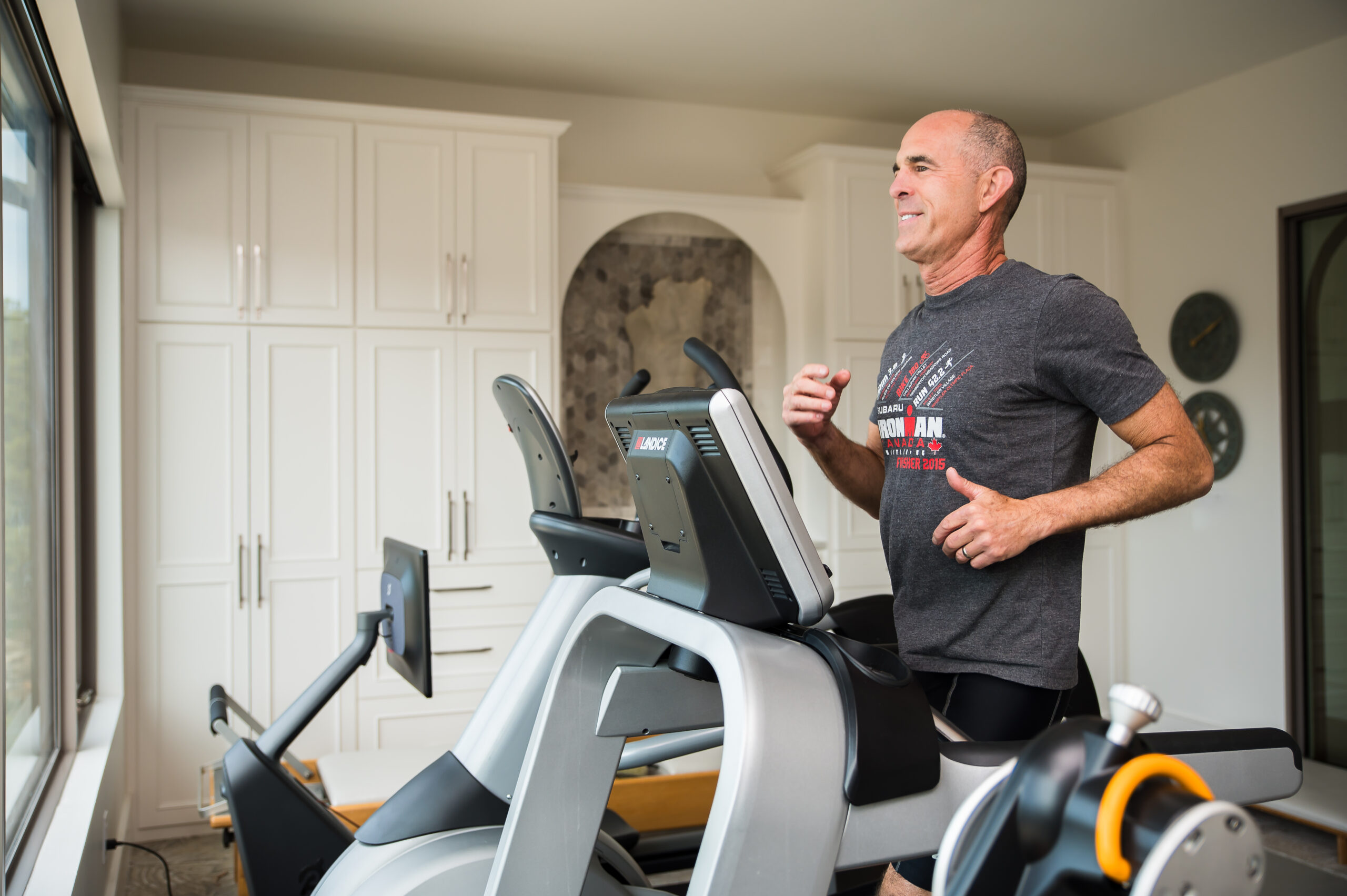Listen on: Apple Podcasts | Spotify | Amazon Music | Podcast Index | Overcast | YouTube
What you’ll find in this episode:
0:04: Live Long and Well Through Exercise
11:47: Building a Complete Exercise Program
23:21: Effective Exercise Regimen Planning
30:50: Exercise and Longevity Secrets
Hello, I’m Dr. Bobby Dubois, and I welcome you to the “Live Long and Well” podcast. Here, we delve into practical, evidence-supported steps you can take to maximize your lifespan and enhance your vitality. As a physician, Ironman triathlete, and a prolific contributor to scientific research, I am here to guide you through this vital journey toward a healthier, more energetic life. I am thrilled to have you join me on this adventure, and I hope you feel empowered every step of the way.
Today’s Focus: Exercise—The Foundation of Longevity
In today’s episode, we initiate our exploration with the first of our six pillars of longevity: exercise. As we progress through future episodes, we will cover nutrition, sleep, mind-body harmony, exposure to heat and cold, and social relationships. Today, however, our focus is squarely on why exercise is crucial to living long and well, what a comprehensive exercise program looks like, and practical steps to get started or enhance your current regimen. Whether you’re taking your first steps towards an active lifestyle or looking to advance an existing exercise program, my goal is for you to feel ready to take action by the end of our discussion.
The Impact of Exercise on Longevity
Let’s start by discussing how exercise can help us live longer. Numerous studies, including systematic reviews and meta-analyses involving around 600,000 participants, have consistently shown that regular physical activity is associated with a 20% reduction in overall mortality. This reduction can even be greater with increased exercise intensity and duration, showing that when it comes to physical activity, more can indeed be better. It’s not just about extending your years but enriching them with quality time, be it playing with your grandchildren or conquering your next athletic challenge, or reducing symptoms of depression.
Cardiovascular Health
Exercise significantly reduces the risk of cardiovascular diseases, which are the leading cause of death globally. Regular physical activity helps lower blood pressure, control weight, and improve cholesterol levels—three critical factors in cardiovascular health.
Cancer Prevention
Beyond heart health, physical activity has been shown to lower the risk of several cancers. For instance, the UK Biobank study highlighted a reduction in cancer risk correlated with vigorous intermittent activity. This study is particularly fascinating because it used direct measures of physical activity through heart rate and activity monitors, rather than self-reported data, thus providing more reliable results.
Cognitive Benefits
Another profound benefit of regular exercise is its protective effect against Alzheimer’s disease and cognitive decline. While the exact mechanisms are not fully understood, the correlation between physical activity and reduced cognitive decline is a significant motivator for maintaining an active lifestyle.
Building a Complete Exercise Program
A well-rounded exercise program is more than just hitting the gym or going for a brisk walk a few times a week. It involves various components that cater to different aspects of physical fitness:
- Aerobic Exercise: This includes activities like walking, running, cycling, or swimming that increase cardiovascular endurance.
- Strength Training: Essential for maintaining muscle mass, which naturally declines with age.
- Balance and Flexibility: These exercises help prevent falls and injuries, which become more common as we age.
- High-Intensity Interval Training (HIIT): Short bursts of intense activity followed by rest periods, proven to improve metabolic health and endurance.
Practical Tips to Get Started
Starting an exercise regimen can be daunting, but it’s crucial to begin slowly and build up gradually. If you’re new to exercise, aim for small, manageable sessions and progressively increase the intensity and duration. For those with an existing routine, try incorporating new elements to challenge different muscle groups and improve overall fitness.
Conclusion
As we wrap up today’s discussion on exercise, remember that this is just the beginning of our journey through the six pillars of longevity. Next time, we will explore the critical role of sleep in living long and well. I encourage you to take what you’ve learned today and implement it into your daily routine. Each step you take is a step towards a longer, more fulfilling life.

Scientific research underscores the intricate interplay between lifestyle factors and human health. Exercise, a cornerstone of well-being, enhances cardiovascular health, boosts mood, and promotes cognitive function. Coupled with proper nutrition, it fosters optimal physical performance and supports immune function. Beyond the individual, social ties exert profound effects on health, buffering against stress and enhancing longevity. Meanwhile, exposure to hot and cold environments elicits physiological adaptations, bolstering resilience and metabolic efficiency. Adequate sleep, essential for cognitive consolidation and metabolic regulation, underscores the importance of restorative rest. Moreover, the mind-body harmony underscores the intricate relationship between mental and physical health, highlighting the profound impact of mindfulness and stress management on overall well-being. Integrating these factors into daily life cultivates a holistic approach to health promotion and disease prevention.